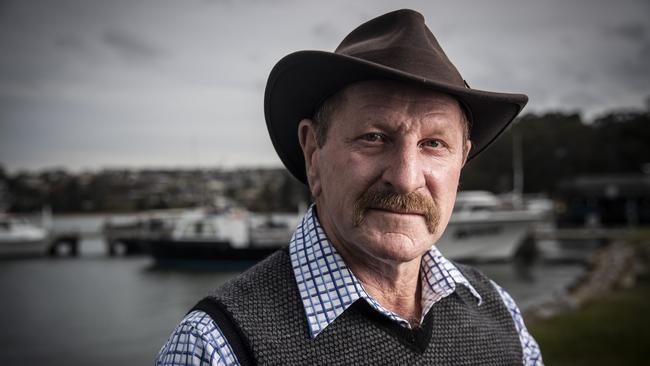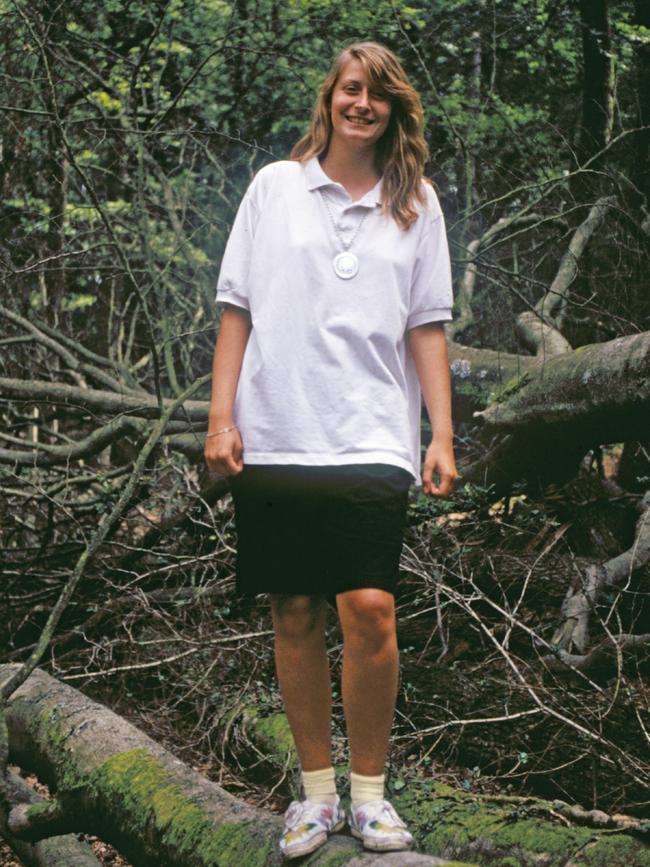HOPE is fading that the seaside cold cases of Victoria Cafasso and Nancy Grunwaldt will ever be solved.
Graham Hickey, the detective inspector who had carriage over Ms Cafasso’s murder and Ms Grunwaldt’s missing persons case when they happened in the 1990s, says nothing would make him happier than if their families finally got the closure they’d waited decades for.
But Mr Hickey, who has since retired, was unable to say whether he thought that would actually happen.
“That I don’t know, but I hope that it does,” he said.
“Nothing would delight me more than if someone rang up and said they’d charged someone with the murder of Victoria Cafasso — that would be great.”

He said while police worked tirelessly on both cases, they were unable to gather enough evidence to nail any suspects.
“We interviewed a lot of people and we couldn’t get the final answer that we wanted,” he said.
“We didn’t have any evidence to tie people to it.”
Mick Tucker is mayor of the Break O’Day coastal municipality, which covers the townships of Beaumaris — where Ms Cafasso was murdered, and Scamander — where Ms Grunwaldt was last seen on her red bicycle before vanishing.
Mr Tucker also said he’d love to see the two mysteries solved, but also wasn’t sure it would happen.
However, the mayor reinforced that whether anyone was brought to justice or not, his community needed to finally move on from its past.
He said when Ms Cafasso was murdered, local residents were fearful as they didn’t know who the killer was — and still don’t.
“The fear of potentially having somebody living in your community who could have done that attack was absolutely psychologically damaging. And we had a lot of people who had a lot of fears,” he said.

Mr Tucker said Ms Cafasso’s horrific murder was to this day a sensitive issue in his community and he was reluctant to “open up old wounds”.
“We’ve had some of the most amazing people in Australia in the police force work their way through this. And unfortunately, I don’t think they’ve come up with a conclusive amount of evidence … to have this case solved, otherwise they would have done.”
Mr Tucker was also reluctant to talk about who may have been responsible, noting the suspects to date remained hypothetical.
“There may have been suspects that the police identified down to the top 10 but if they had evidence, they’d have booked someone, so it’s no more than a chook raffle,” he said.
Mr Tucker said it was time to close this chapter in his community’s history.
He said Cafasso’s murder had been the region’s worst nightmare, hurting the locals who considered themselves more like a “big family” than a group of townships.
“Unfortunately, no matter where you go in the world, there is always going to be history. We can’t change that. That’s history.
“We’ve got people who want to rewrite history to make it sound better, but we can’t.
History is what it is,” he said.
“What we’ve got to do is move forward. We need to run with what we’ve got and make sure that we don’t allow history to repeat itself.”
Persons of interest
More than 300 people were identified at the time as persons of interest in Victoria Cafasso’s murder. To this day no-one has ever been charged.


Everybody appearing at Hobart Magistrates Court, Tuesday, July 15
Here is a list of people appearing at Hobart Magistrates Court on July 15.
Bruce Lehrmann launches bid for restraining order against journo
Former political staffer Bruce Lehrmann, who last month pleaded not guilty to a Huon Valley car theft, has applied for a restraining order against a journalist covering his time in Tasmania.